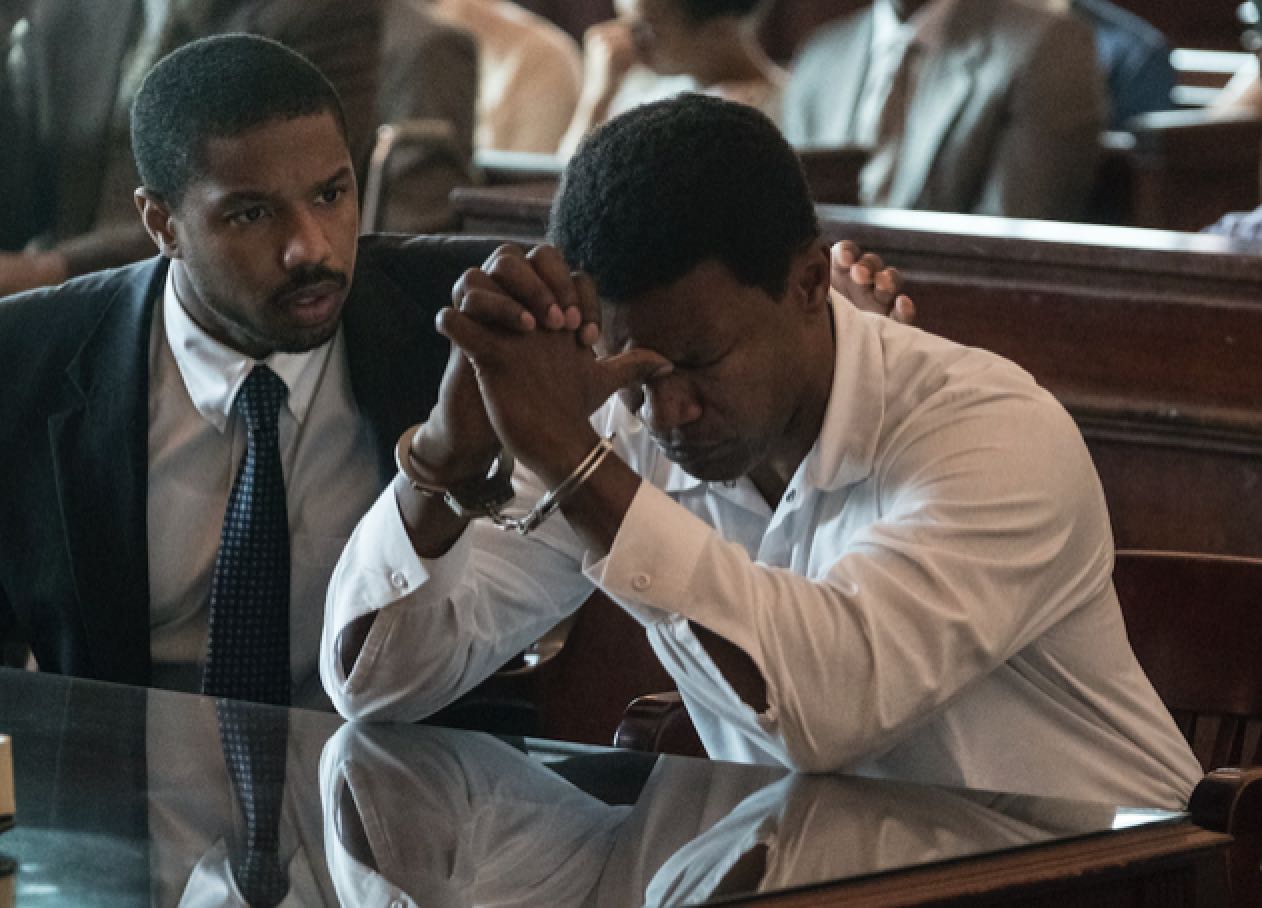
Light always brightens in dark times. With social media, smartphones and a coffee shop on every corner, we can very quickly dispense hope and joy to people smothered in negativism and pessimism.
The key is what we say. Some people are in too much pain to find immediate answers in Bible verses, sermons or sound arguments. They need an emotional connection first. Brilliant, historical figures—a king and poet, the Messiah, a philosopher and a psychologist—all point to the power of story and it’s ability to connect us on a heart level. The lives of people around us depend on us listening to them and doing what they said.
King David wrote Psalm 78 to say men and women of faith are required to tell the stories of their triumphs and failures. His reasoning is very poignant: if we want future generations to have hope and to follow God, we have to talk about our suffering and how God met us there.
When His disciples asked Jesus why He told stories, He said it was to “create readiness, to nudge people toward receptive insight” (Matthew 13:10-15, The Message). He didn’t want people to reject His message, so He told stories to get them ready to hear and believe.
Aristotle, in Poetics, noted that when a man or woman watches, hears or reads a story, they experience the characters’ emotions. A cathartic moment occurs, allowing the audience to purge fear and pride from their souls without suffering the characters fates.
His idea of catharsis has been confirmed via the embodiment theory research. It shows parts of the human brain lighting up as a person experiences a story. When something joyful happens in the story, the brain’s joy region lights up. When something scary takes place, the part associated with fear part activates. And so on. People experience stories as if they were the characters.
Famed psychologist, Rollo May, believed in the power of story so much he wrote that in a culture without stories which “express beliefs and moral goals, there will be depression…and suicide…without myth, we are like a race of brain-injured people unable to go beyond the world and hear the person who is speaking.” Stories allow us to empathize with others and hear what they are saying.
What does all of this mean to us right now, in America, in 2019? I believe for people to have hope, to be healthy mentally, to follow Jesus, we have to tell our stories about surviving job losses or divorce or deep sadness. We need to be raw and transparent.
Here are three simple ways to do that:
1: Listen to their story.
This is backward, but often we back into solutions. We don’t start by talking. This simple, hard thing called “listening” requires us to be quiet, pay attention and put away our packaged answers to problems. No hot takes. Let them talk about their life events without judgment. By listening, we will feel what they feel, our empathy will grow, the threads of their story will bind us together, and we will learn what story they need.
My wife helped me in this area. I didn’t realize I was an arrogant know-it-all who simply dispensed advice with no regard of her feelings, until she said, “I just want you to hear me, not fix me.” Now I listen, I shut up, I feel what she feels, we connect, and our marriage gets better.
2: Tell your pain.
This isn’t grammatically correct, but it does the job. Don’t give answers. Give them your story of pain and loss, failure and despair. And mix in how you survived. Let the story be what it is—raw and unfiltered. When we do, we help destroy evil in their life (Revelation 12:11).
I grew up in church and had lists of verses to answer all of life’s problems. A group of broken teenagers in my youth group and my own three sons taught me the human heart often can’t receive the truth of Jesus until the ground has been tilled by my stories. Read Matthew 13 in The Message version if you don’t believe me. Jesus has my back here.
3: Get creative.
Wrinkle in Time author, Madeline L’Engle, rejected the notion that fiction is a lie. She said fiction holds more Truth in it than we can imagine, and a story “can be a star, a living fire to lighten the darkness, leading out into the expanding universe.” Sometimes we have to paint a picture, write a song or poem or short story, to explain what we’ve lived through. It doesn’t have to be a long story or complex. Fred Rogers said that deep and simple is better than complex and shallow.
I wanted to help my sons and other kids find meaning in a chaotic world. So I wrote a novel titled Nicholas and the Keeper of Names. It has woven a spell of joy over people’s lives in a way I never dreamed. I learned there are times people need to escape into a world of elves and flying reindeer, crippling famines and miraculous healings. Big or small, stories “can conquer fear, you know. They can make the heart bigger” (Ben Okri).
My grandfather was one of my heroes and one of my best friends. He died when I was 13, and his death rocked my world. At my darkest hour, my oldest cousin took me to a movie, Dead Poets Society, to get my mind off things. The story of a larger than life teacher who believed people can be extraordinary ignited the healing of my heart. My cousin sharing this story with me has been a living fire in my life from then on. I am here today—I write stories today—because she gave me that story.
What will your story sharing do for someone else?
| Christopher F. Dalton is a storyteller by trade. His new novel, Nicholas and the Keeper of Names, is a thrilling fantasy-adventure for ages ten and up, and his modern-day fairytale, The Lantern Heart, is an illustrated tale set in the forests of Alaska. Both books are on sale via Amazon. He has written four feature films and a gaggle of short stories, as well as having ghostwritten twelve books. He and his wife, Carissa, launched Huck&Dorothy, a story company, out of a love for stories and a mission to spread joy and hope through moving stories. Christopher and his wife live in Los Angeles with their three sons and two rabbits. |






















